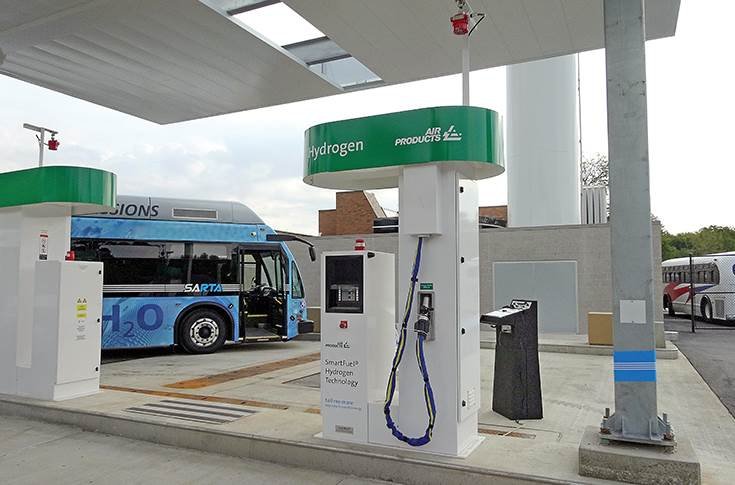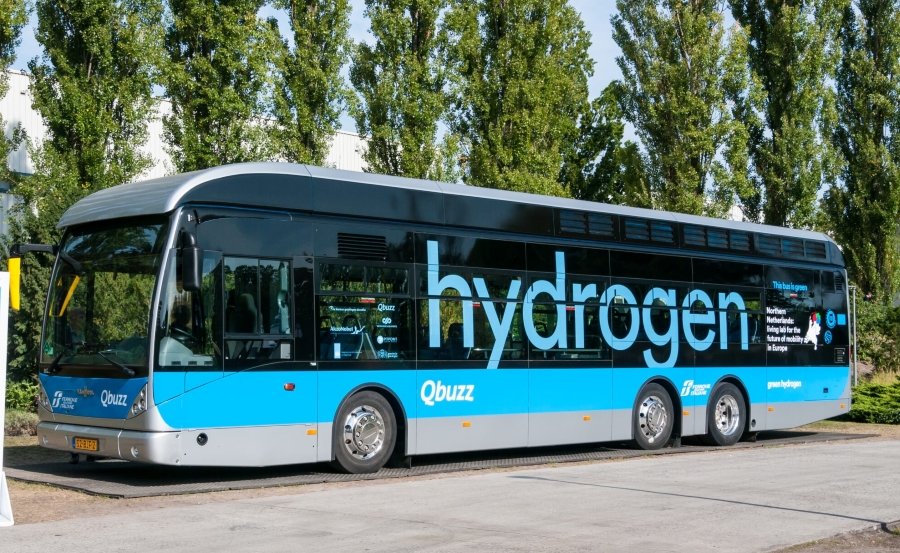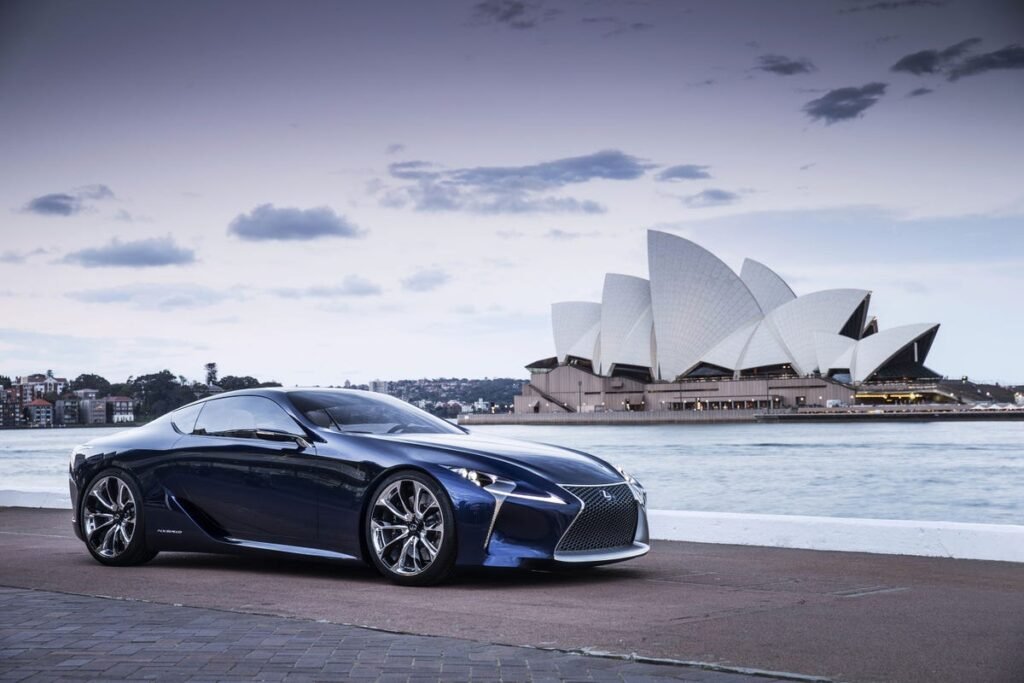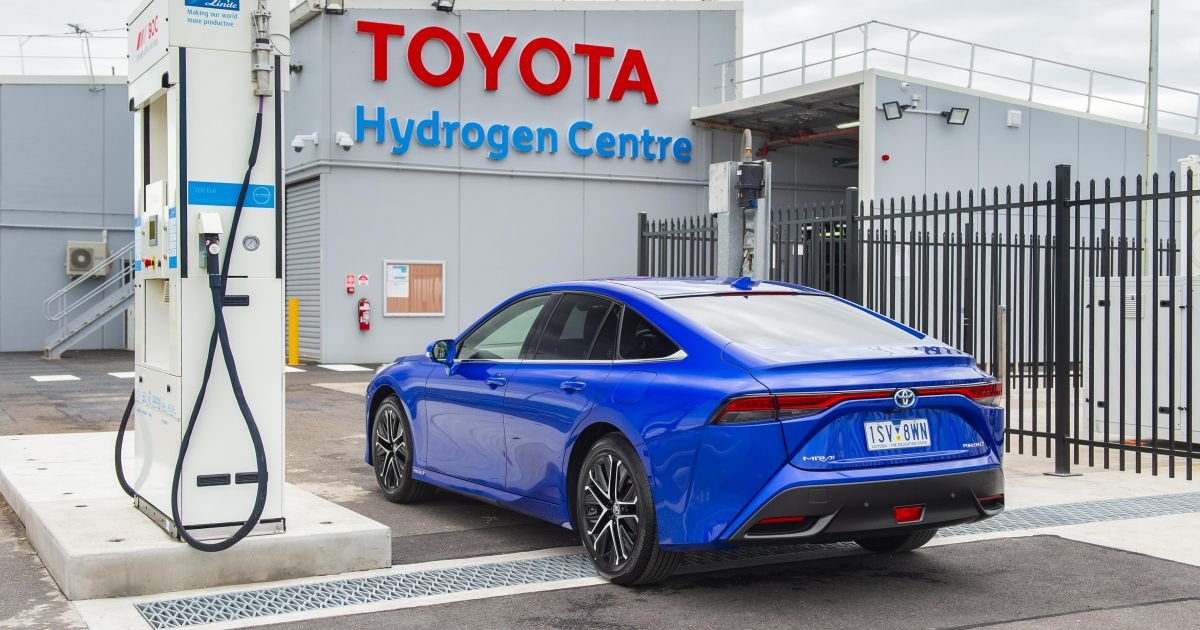Introduction
Hydrogen cars, the next frontier in sustainable transportation, hold the promise of revolutionizing the automotive industry in India. With zero emissions and longer driving ranges, these fuel cell vehicles offer a clean and efficient alternative to conventional internal combustion engines. However, the adoption of hydrogen cars in India is still in its nascent stage, with limited availability and infrastructure.
Challenges such as the lack of hydrogen refueling stations and high costs have slowed down their market penetration. Nonetheless, with the Indian government’s initiatives and growing interest from automotive manufacturers, hydrogen cars may soon take center stage in the country’s pursuit of a greener and more sustainable future.
The Challenges of Hydrogen Cars in India
The position of hydrogen cars in India is still in its nascent stage, with limited availability and infrastructure. While these vehicles hold great promise as a sustainable alternative to conventional internal combustion engine vehicles, their adoption in India has been relatively slow due to various challenges.
One of the primary hurdles is the lack of a hydrogen infrastructure. Unlike electric vehicles that can be charged at home or at public charging stations, hydrogen cars require specialized refueling stations. Unfortunately, these hydrogen fueling stations are currently scarce in India, making it challenging for hydrogen car owners to find convenient refueling options. Establishing a robust hydrogen refueling network is vital for the widespread adoption of fuel cell vehicles.
Another significant challenge is the high cost associated with hydrogen cars. Presently, hydrogen fuel cell technology is relatively expensive compared to conventional vehicles or even electric vehicles. The production and storage of hydrogen, as well as the complex technology involved in fuel cells, contribute to the high costs. Moreover, the economies of scale have not been fully realized yet, further adding to the cost. As a result, hydrogen cars are not yet affordable for the average consumer in India, hindering their widespread adoption.
Furthermore, there is limited awareness and understanding of hydrogen cars among the general public. Many people are still unfamiliar with this technology and its benefits. This lack of awareness hinders the demand for hydrogen cars and slows down their market penetration.

Government Initiatives and Industry Interest
Despite the challenges, there have been positive developments regarding hydrogen cars in India. The Indian government has shown interest in promoting clean and sustainable transportation solutions, including hydrogen fuel cell technology. In 2019, the Ministry of New and Renewable Energy (MNRE) announced plans to set up a National Hydrogen Energy Mission to promote research, development, and deployment of hydrogen technologies in various sectors, including transportation. This mission aims to establish a roadmap for hydrogen energy and foster collaboration between industry, academia, and research institutions to accelerate the adoption of hydrogen-based solutions.
Additionally, several Indian automotive companies have started exploring hydrogen fuel cell technology. Tata Motors showcased a hydrogen fuel cell bus prototype at the Auto Expo 2020, indicating their interest in this technology. Mahindra & Mahindra has also expressed its intention to introduce hydrogen-powered vehicles in India in the future. These industry efforts highlight the growing interest and potential of hydrogen cars in the country.

The Need for Hydrogen Infrastructure and Cost Reduction
To realize the widespread adoption of hydrogen cars in India, addressing the need for hydrogen infrastructure is crucial. The establishment of an extensive network of hydrogen refueling stations across the country is necessary to provide convenient access for hydrogen car owners. This requires significant investment and collaboration between the government, private sector, and energy companies to create a robust infrastructure that can support the growing demand for hydrogen fuel.
In addition to infrastructure, reducing the cost of hydrogen cars is essential. Advancements in technology and economies of scale are key factors that can contribute to cost reduction. Research and development efforts focused on enhancing the efficiency and affordability of fuel cell technology are vital. Continued innovation and collaboration within the industry can drive down costs and make hydrogen cars more accessible to a wider consumer base in India.
The Future Outlook for Hydrogen Cars in India
It is difficult to predict an exact timeline for when hydrogen cars will become widely available in India. The establishment of a hydrogen infrastructure network and advancements in technology to reduce costs are crucial factors that will determine the pace of adoption. It may take several years for hydrogen cars to become more accessible and affordable for the Indian market. However, with the government’s initiatives and industry interest, the future outlook for hydrogen cars in India looks promising.
Hydrogen cars offer significant advantages, including zero emissions, longer driving ranges, and quick refueling times. Their adoption can contribute to addressing air pollution and provide a sustainable transportation solution. As technology advances and infrastructure develops, hydrogen cars have the potential to play a significant role in India’s transition towards a greener and more sustainable future.

Conclusion
In conclusion, the position of hydrogen cars in India is still in its early stages, primarily due to the lack of infrastructure, high costs, and limited awareness. However, with the government’s support, initiatives, and industry interest, efforts are being made to overcome these challenges.
The establishment of a hydrogen infrastructure network and ongoing technological advancements will be instrumental in driving the future adoption of hydrogen cars in India. As these challenges are addressed, hydrogen cars have the potential to revolutionize the automotive industry and contribute to a cleaner and greener transportation landscape in the country.




